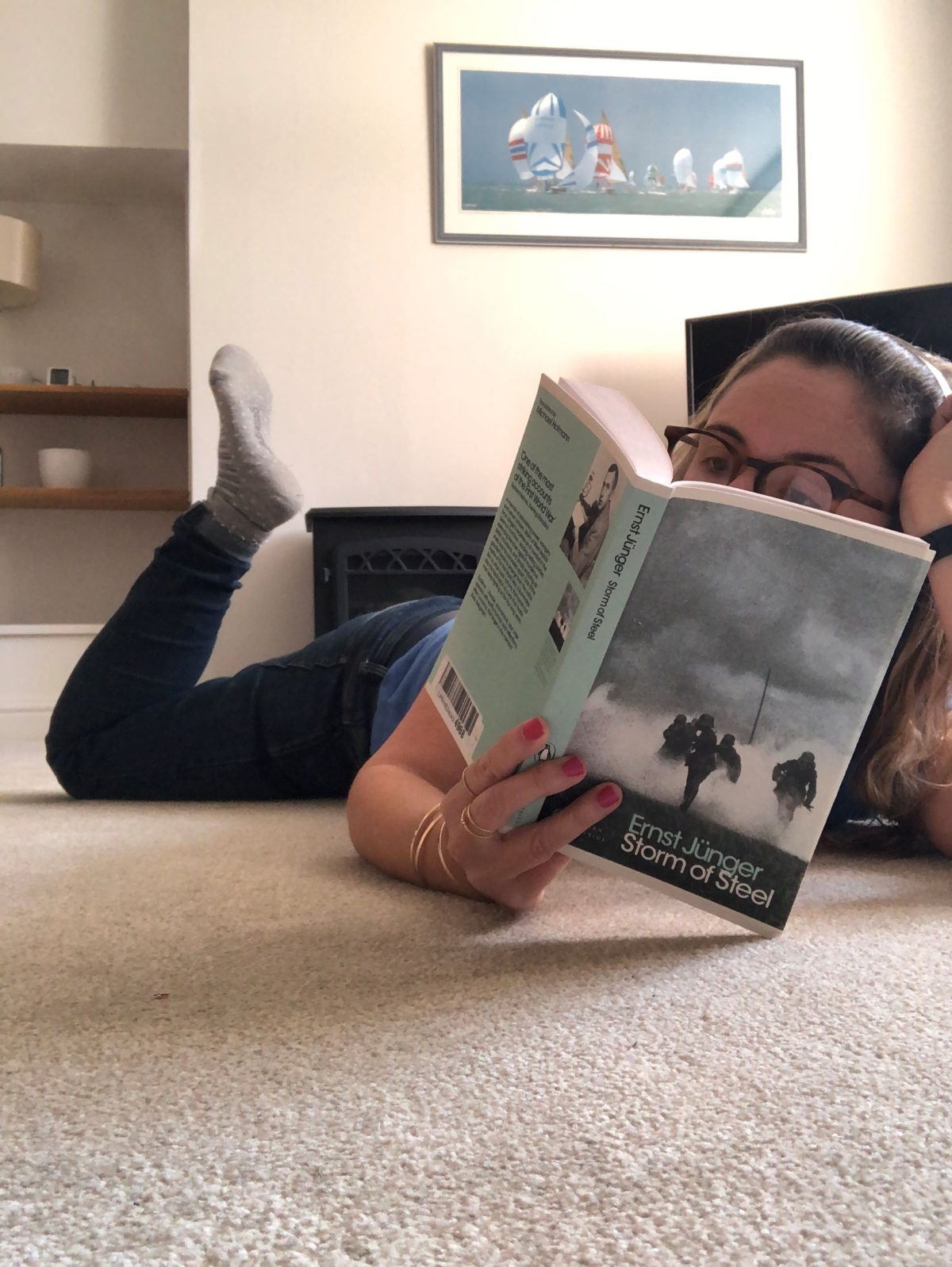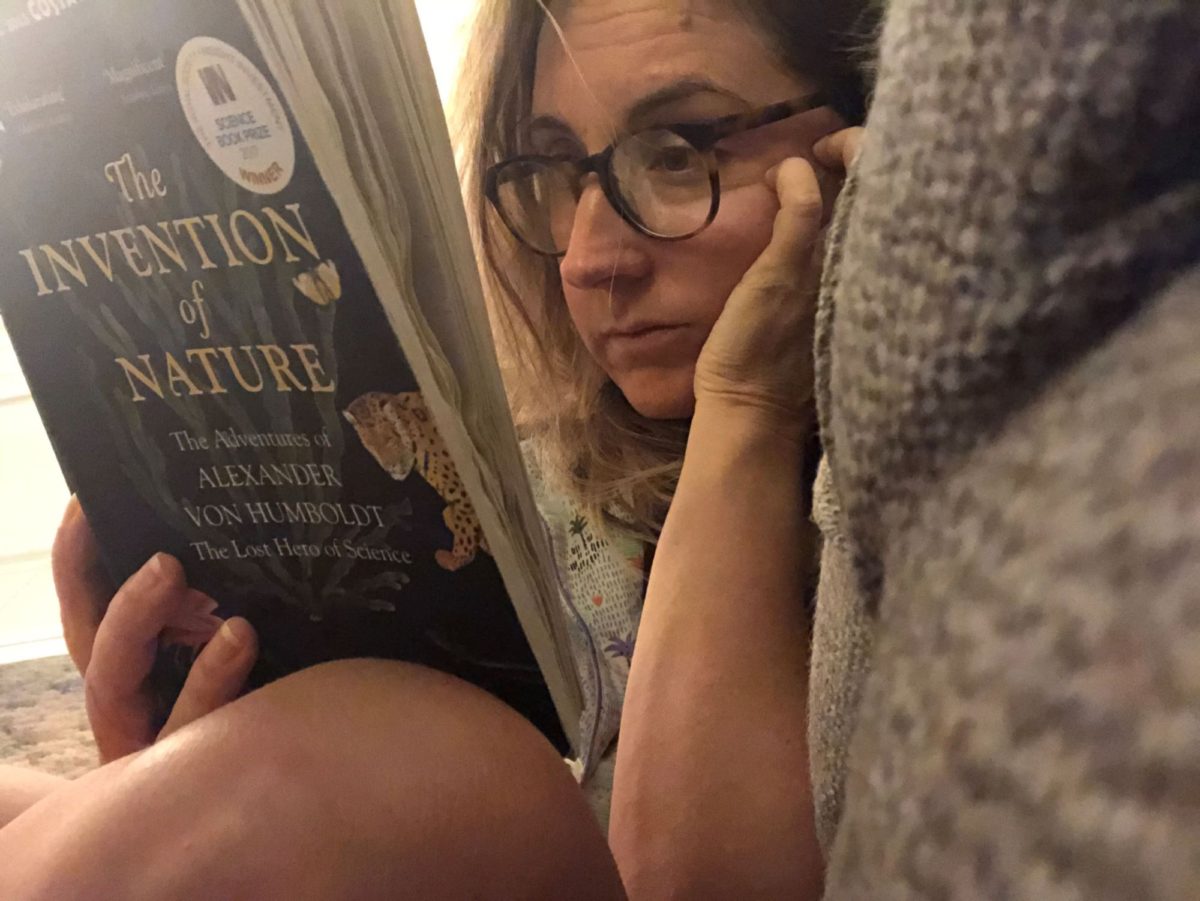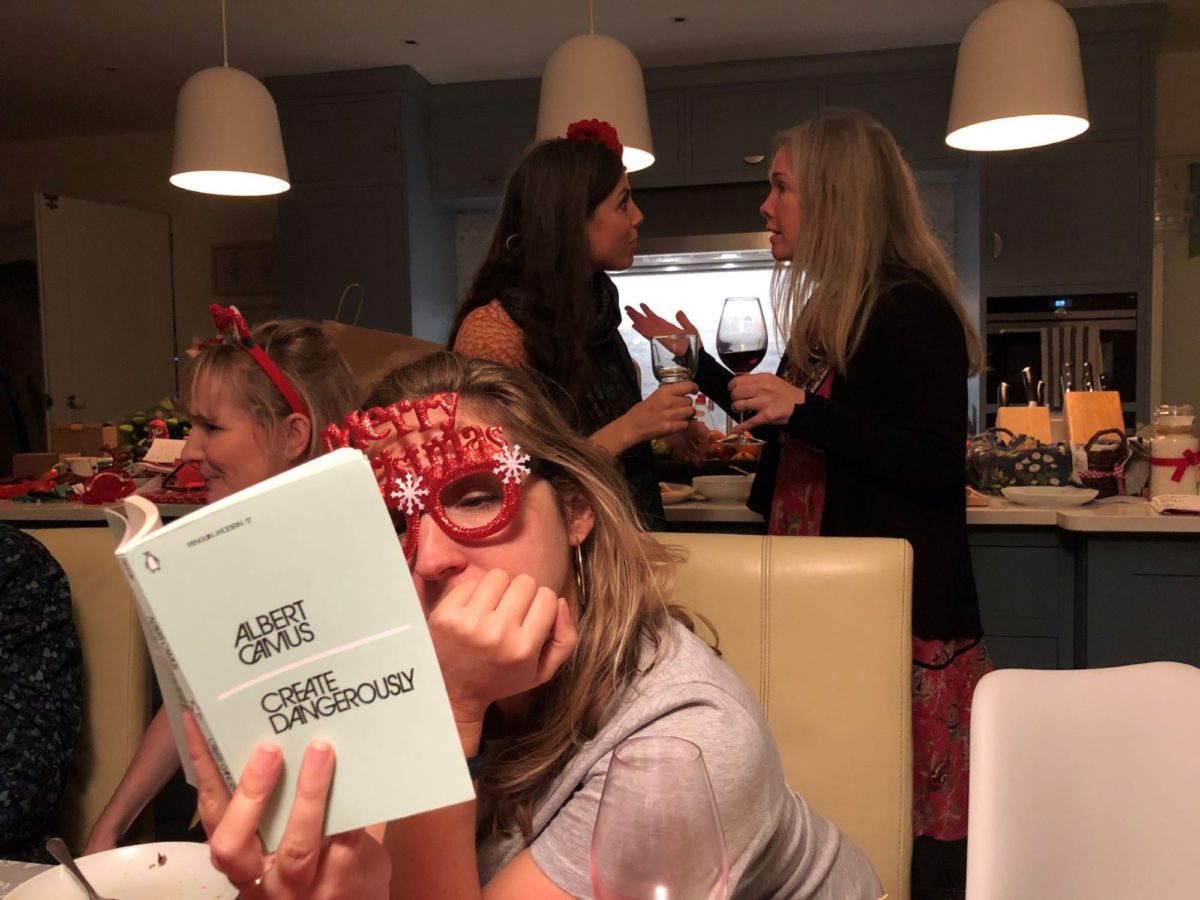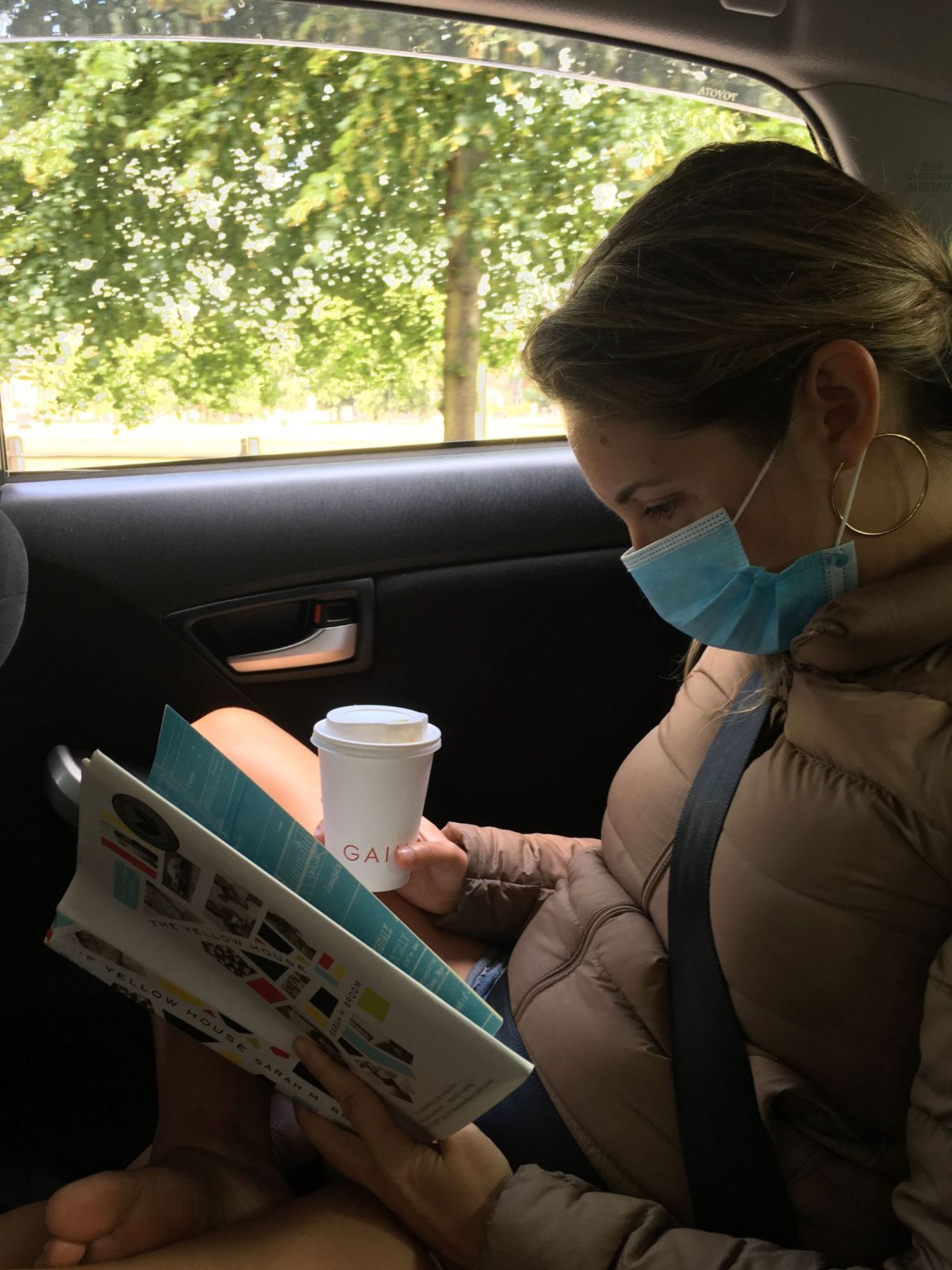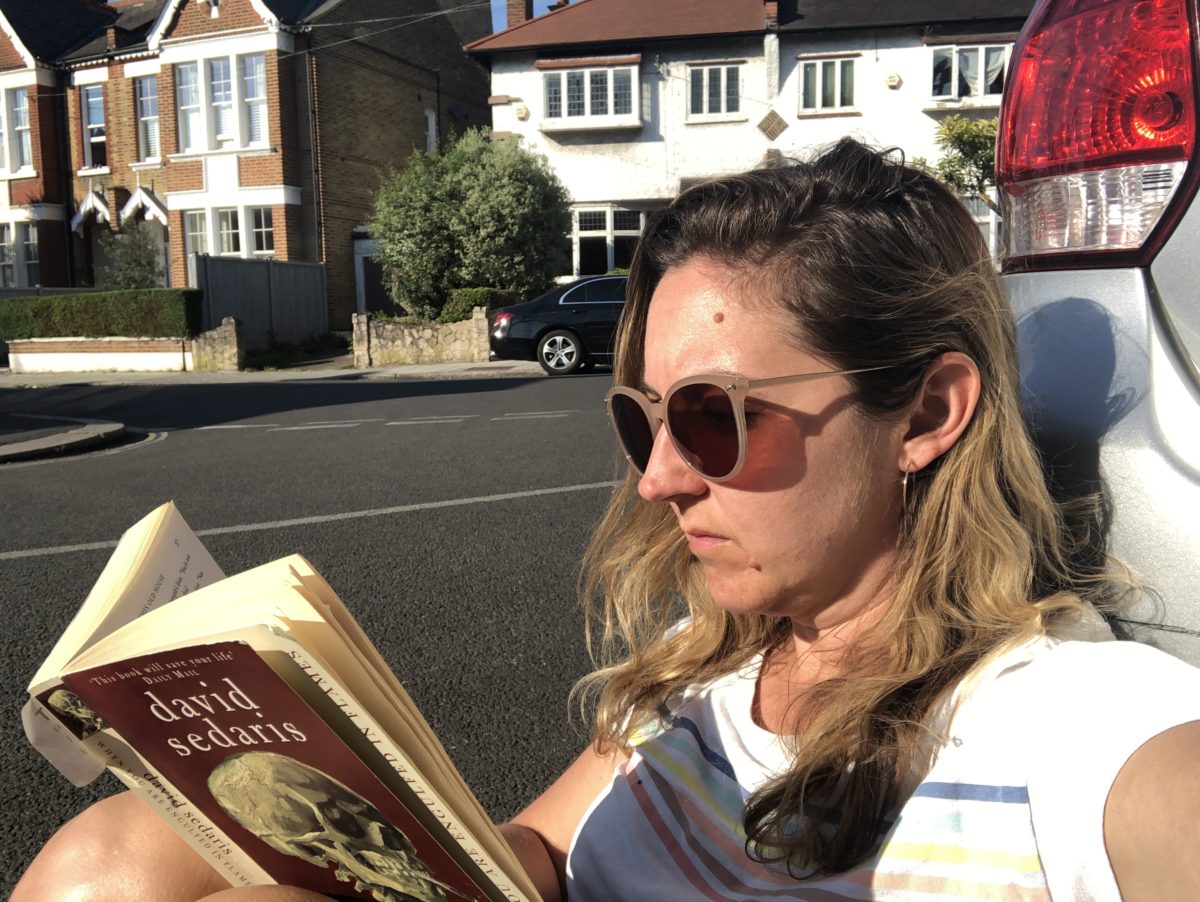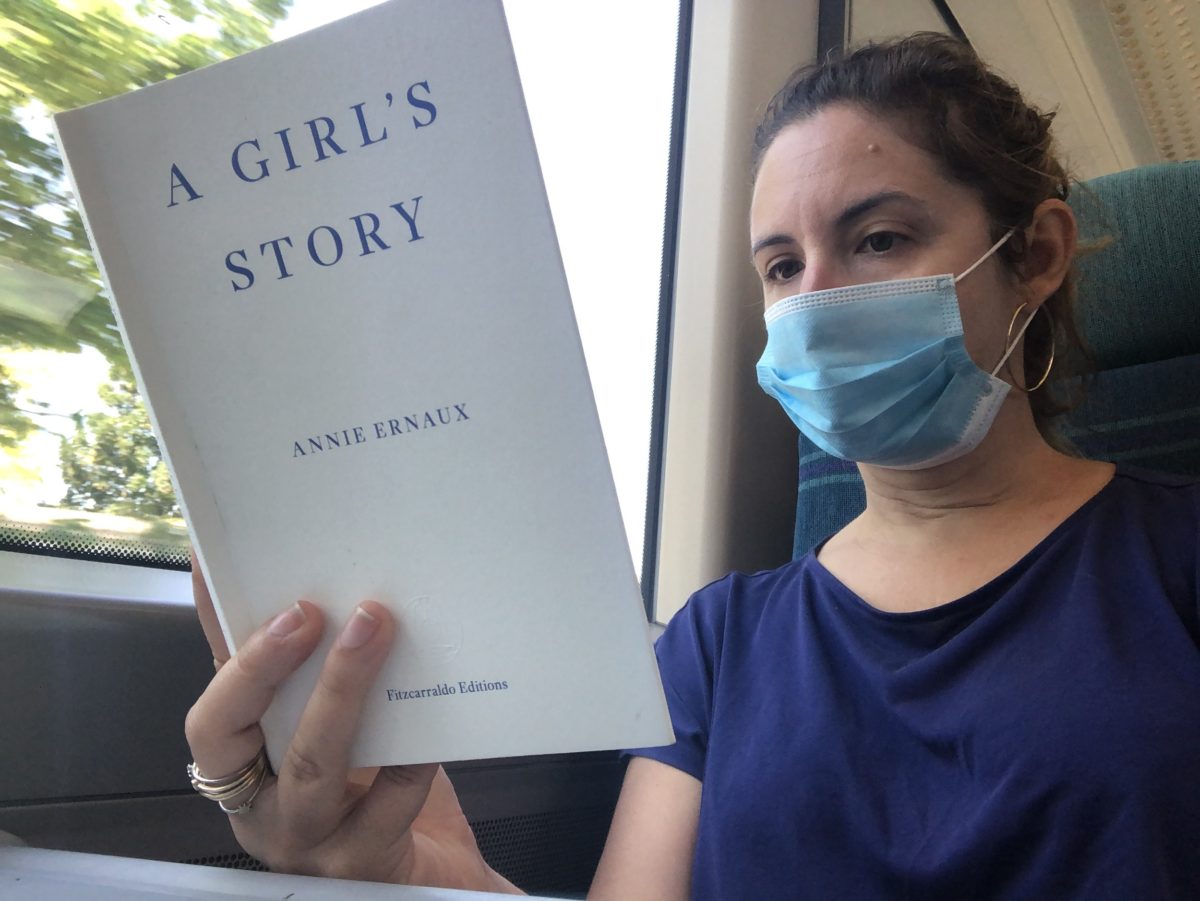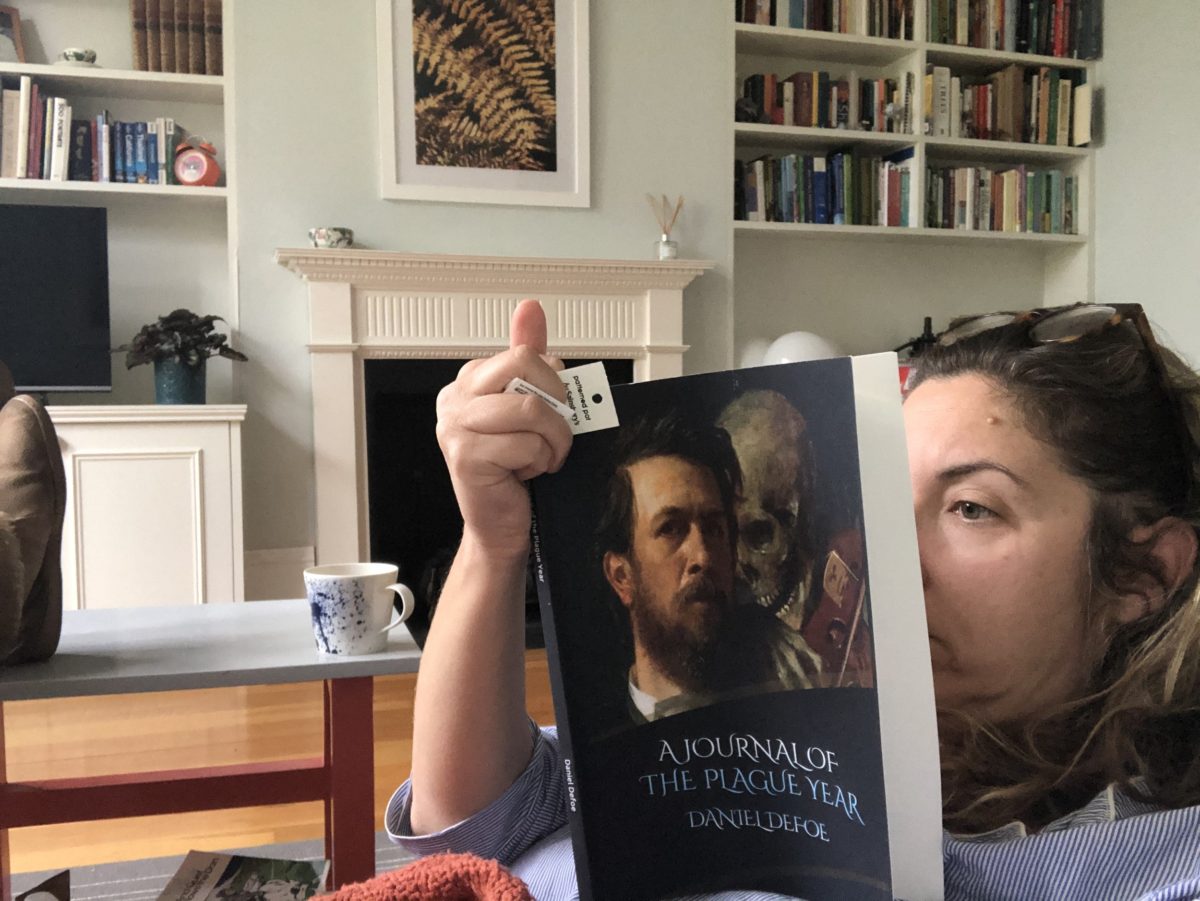In this book a man with a large unearned income has a great time and inspires lots of others to do the same.
Alexander von Humboldt was so famous that at his centennial in 1869 there were huge parades for him across cities in Europe and America. He has more things named after him than anyone else who has ever lived (rivers, plants, geographical features, a part of the moon). And yet, today, it is a bit: Humboldt Who?
Humboldt did not identify or discover anything in particular. What he is famous for is his worldview. He put forward the idea, revolutionary at the time, that nature was fragile, heavily interconnected, and at great risk from human intervention. It’s an insight that was so influential that today it sounds obvious.
It was not an easy road for Humboldt. Okay, I lie, it was a pretty easy road. He had a wealthy mother, so the second she died he stopped pretending to study medicine and was off to South America with his boyfriend (or as he liked to call him, his botanist). He went there allegedly to discover the tributaries of the great Orinioco river, which surprised the locals, who knew them well and to his disappointment could describe them in detail. While there he studied everything from the colour of the sky to the nature of the soil, and came to a forest of conclusions, almost all of which are correct: he invented isotherms, he identified deforestation, he called it on tectonic plates; he even flagged the dangers of ‘great masses of steam and gas’ coming from cities. He categorically condemned slavery and the idea of racial inequality in terms that are almost shockingly modern.
After covering Humboldt’s long and cushy life, the book goes on to cover all the many other naturalists who were inspired by him, including Darwin, Thoreau, and Marsh. Probably not coincidentally, these guys also had a ton of unearned income. They also had disapproving parents, who either died or got worn down by their sons’ enthusiasm. And there is a LOT of enthusiasm. Here’s Darwin to his father:
I am at present red-hot with Spiders!
Humboldt got so excited that when he ran out of paper he would just scratch away at his desk rather than stop writing, and he did begin to worry he was losing his mind. Muir, meanwhile, is reported by a guest to have run out of his cabin when the earth started to shake shouting happily: “A noble Earthquake!!!” He was apparently excited to study it. But one does wonder on his methods, as he later wrote to Emerson that “he had asked two violets what they thought of the earthquake, and they had replied ‘it’s all love’.”
Marsh was probably my favourite, partly because he was one of the only ones who had to find a way to fit his passion in around actually having to work for money. As he put it, earnestly, in a letter, explaining the kind of job he was after:
small duties and large pay . . .
I mean aren’t we all. Eventually he gets a job as an ambassador, which gives him lots of time to consider irrigation around the Nile, but still he complained:
I have been entirely disappointed as to the rest and relaxation I looked for
Oh sweetheart.
I have been strangely educated on many topics by this book. That there were 15,000 ships a day entering London in 1802; that the state of Nevada was nearly called Humboldt; etc. But I think what I mostly take from it is the fact that you can for sure live your best life. Now, I am rather jealous that probably no one can ever be as true polymath, as Humboldt was, as there is now just too much to know. And of course, the money thing is a problem. But I am inspired by the joy these guys took in what they were doing, how they poured all their lives into having a wonderful time.
As John Muir put it:
I’m in the woods, woods, woods, & they are in me-ee-ey
And who cares what anyone else thought.



